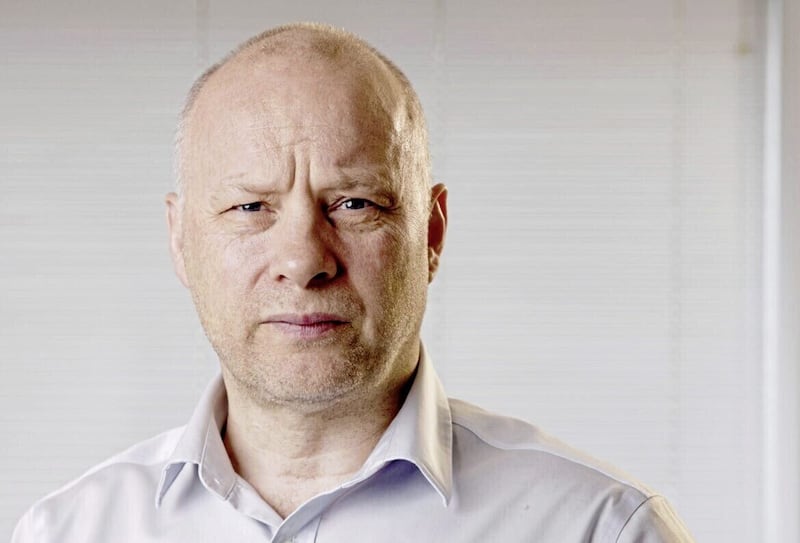Today’s Budget, with a General Election looming, was potentially the last in the Conservative Party’s 14-year’s in government. The past couple of years in power have been challenging for the party with the ill-fated 2022 Budget of Kwasi Kwarteng and Liz Truss and the resulting economic carnage.
The current Chancellor came into the role in the wake of this as the person tasked with steadying the ship and restoring fiscal credibility. He has done his best to limit the damage but has effectively run out of time and this current Parliament will actually be remembered as the biggest tax-rising parliament on record. This isn’t a good look for a Tory Chancellor heading into an election.
For that reason, Jeremy Hunt donned the tax-cutting spray tan and sought to position himself as a quintessential Conservative tax-cutter.
He announced the much-trailed 2% cut in national insurance for both those employed and those self-employed. He also unveiled an extension in the 5p cut in fuel duty and no inflationary increase for the next financial year. A freeze in alcohol duty will also be toasted by some, as will plans to raise the Child Benefit threshold from £50,000 to £60,000 and raise the taper to £80,000. He also announced moves to base Child Benefit on household income rather than single-earned income. But it isn’t scheduled to come in until 2026, so will be for the winner of the election to take forward, or not.
Capital Gains tax on property outside of the primary residence was also cut for those high-rate income tax payers from 28% to 24%. A lot of the speech also contained a raft of smaller measures that pointed to tax reductions. These ate up a lot of verbiage but don’t account for a lot of money.

Those not suffering as much from the cost-of-living crisis and who have £5,000 to spare, can invest it in a new Brit ISA, bringing their total ISA Allowance up to £25,000.
Despite the Chancellor’s best efforts to make it seem otherwise, this doesn’t change the big picture of an increasing tax burden. Scrape beneath the tax-cutting spray tan and businesses have seen corporation tax increase from 19% to 25%, and millions of workers have been dragged into higher tax bands by multi-year freezes in income tax thresholds. This has led to both workers and businesses paying considerably more tax.
The tax cuts have to be viewed as merely giving back a proportion of Mr Hunt’s previous tax grab. And the more the accountants and economists get into the details of the Budget, the more the tax-cutting spray tan will wear thin.
While the focus of the Chancellor was on tax-cutting today, he did increase some taxes. Airbnb owners were in his sights with those who own furnished holiday lets from April next year unable to offset some of their mortgage interest payments for tax purposes, bringing them into line with those who own long-term lets.
Vapers also got a touch, with duty on new vaping products being introduced in October 2026. Air passenger duty on business class flights also increased from April 2025.

Northern Ireland will get about £100m in Barnett consequentials from the Budget but like the rest of the UK faces into a very tight public spending environment. If Labour wins the general election this year, Stormont can’t expect the public spending largesse that came from the last Labour government. Public sector productivity will come into sharper focus than ever before.
Overall, the UK’s tax burden is still set to climb further despite what was announced today, and tax as a share of GDP will be at its highest level since 1948 by 2028/9. And at that same time, underlying government debt as a percentage of GDP will only start to edge lower at that point.
Given this context, the Chancellor’s room for manoeuvre was limited. And few will expect this Budget to turn the dial on the political polls.
- Richard Ramsey is Northern Ireland chief economist at Ulster Bank








